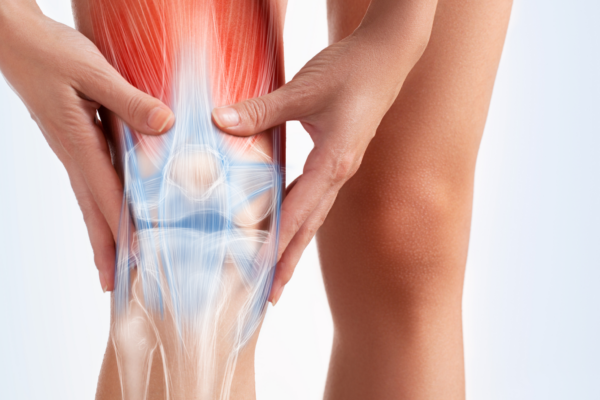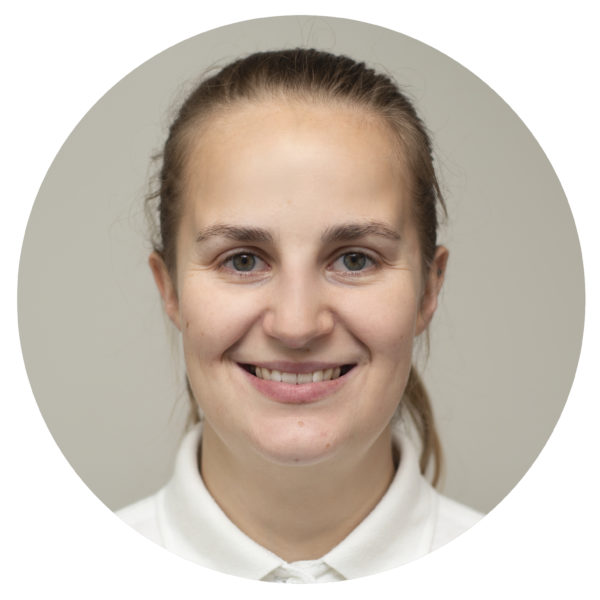
Jumpers Knee
Jumpers knee, medically known as patellar tendinitis or patellar tendinopathy, is a common overuse injury that affects athletes and individuals engaged in activities involving repetitive jumping and knee extension. This condition primarily targets the patellar tendon, which connects the patella (kneecap) to the tibia (shinbone). In this blog, we will delve into the causes, symptoms, risk factors, and treatment options for jumpers knee, as well as preventive measures to reduce the risk of developing this painful knee condition.
Jumpers knee is a form of tendinopathy, a condition characterized by degeneration and damage to the tendon tissue due to repetitive stress and strain. In the case of jumpers knee, the patellar tendon becomes inflamed and irritated, leading to pain and functional impairment around the knee joint.
Jumpers knee is typically caused by overuse and repetitive stress on the patellar tendon, especially during activities that involve jumping, such as basketball, volleyball, gymnastics, and high-impact exercises. Some common risk factors for jumpers knee include:
- Overtraining: Engaging in excessive training or repetitive movements without adequate rest can strain the patellar tendon, leading to injury.
- Poor Biomechanics: Abnormal movement patterns, muscle imbalances, or misalignment of the lower limbs can contribute to increased stress on the patellar tendon.
- Weak Quadriceps and Hamstring Muscles: Insufficient strength in the muscles surrounding the knee can lead to inadequate shock absorption, placing greater stress on the patellar tendon.
- Sudden Increase in Intensity: Rapidly increasing the intensity or duration of activities that involve jumping can overload the patellar tendon.
- Previous Knee Injuries: Individuals who have experienced knee injuries in the past may be more susceptible to developing jumpers knee.
Symptoms
The primary symptom of jumpers knee is pain, which is usually felt just below the kneecap. The pain may gradually increase with activity and can become more pronounced during or after jumping, running, or bending the knee. In the early stages, the pain may subside with rest, but as the condition progresses, it may become more persistent, affecting daily activities.
Diagnosis and Treatment
Treatment options for Jumpers Knee may include:
- Rest and Activity Modification: Reducing or avoiding activities that aggravate the pain is crucial to allow the patellar tendon to heal. Rest is a vital component of the recovery process.
- Ice Therapy: Applying ice packs to the affected area can help reduce inflammation and alleviate pain.
- Physical Therapy: A tailored physical therapy program can help strengthen the muscles around the knee joint, improve flexibility, and correct biomechanical issues.
- Eccentric Strengthening: Eccentric exercises, which involve lengthening the muscle while under tension, have shown to be beneficial in treating jumpers knee.
- Anti-inflammatory Medications: Nonsteroidal anti-inflammatory drugs (NSAIDs) may be prescribed to reduce pain and inflammation.
- Patellar Tendon Strap: Wearing a patellar tendon strap or band just below the kneecap can help provide additional support and reduce stress on the tendon during activities.
- Corticosteroid Injections: In some cases, corticosteroid injections may be administered to alleviate inflammation and pain.
- High Volume Image Guided Injection (HVIGI): This procedure is suitable when there is hypervascularity around the tendon which is causing pain. This also called tendon stripping.
- Prolotherapy: This is a form of regenerative therapy. We inject Dextrose and Lidocaine or Saline into and around the tendon to kick start the healing process.
Prevention
Preventing jumpers knee involves taking proactive measures to reduce the risk of overuse injuries:
- Gradual Training Progression: Gradually increase the intensity and duration of activities to allow the body to adapt and minimize the risk of sudden strain on the patellar tendon.
- Proper Warm-Up and Cool-Down: Always perform a thorough warm-up before engaging in activities and cool down afterward to prepare the muscles for activity and aid in recovery.
- Strength and Conditioning: Regularly engage in exercises that strengthen the quadriceps, hamstrings, and other lower limb muscles to support the knee joint and absorb impact during jumping activities.
- Proper Footwear: Choose appropriate footwear that provides adequate cushioning and support during high-impact activities.
Book your appointment today – call 0118 934 4055 CONTACT US











